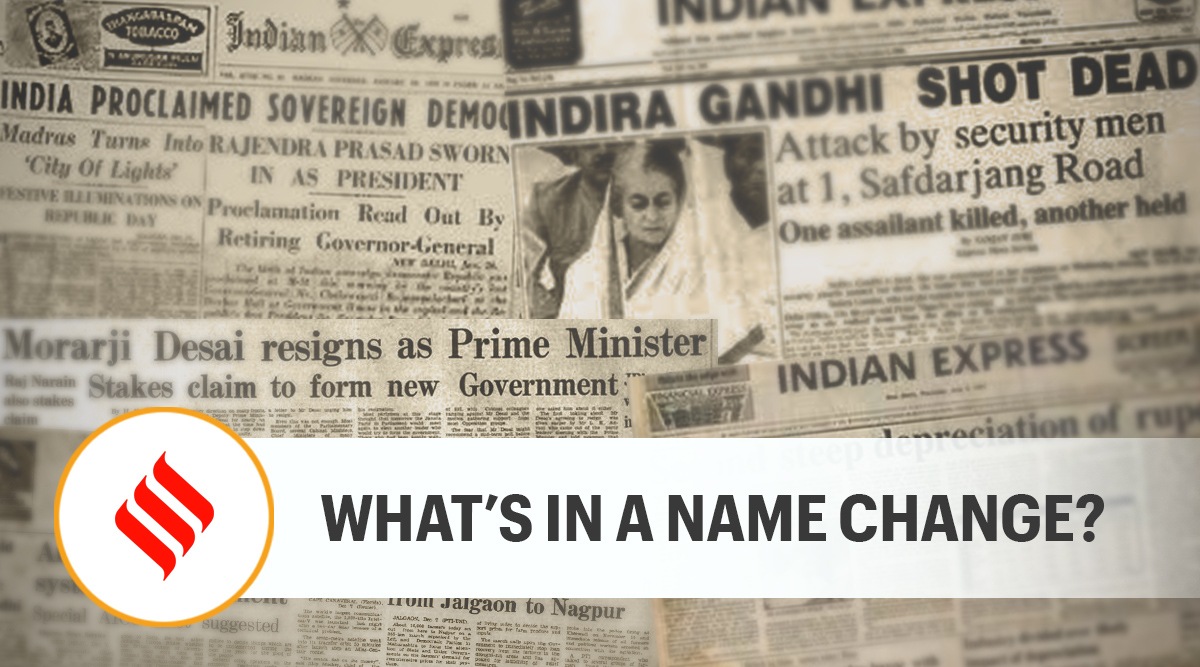 Allahabadi was a sharp satirist, a nationalist despite being a servant of the British government, and he firmly believed that the destinies of Hindus and Muslims were inseparable
Allahabadi was a sharp satirist, a nationalist despite being a servant of the British government, and he firmly believed that the destinies of Hindus and Muslims were inseparable Renaming has a long history in India. The British once mangled native names in imperial arrogance; nativist rulers now rename cities and kasbas, streets and stadiums to avenge history, and inflame old wounds. For a brief while this week, it seemed that sarkari fiat wanted to do even more — not just rewrite history for political ends, but even give a spanking new digital ID to the dead. On the website of Uttar Pradesh Higher Education Services Commission, Urdu poet Akbar Allahabadi, whose takhallus paid homage to the city he lived in and worked in till his death in the 1920s, had been renamed Akbar Prayagraji.
The poet would not have been amused. Allahabadi was a sharp satirist, a nationalist despite being a servant of the British government, and he firmly believed that the destinies of Hindus and Muslims were inseparable. For him, Prayagraj and Allahabad were not on either side of a fault line. But nearly a century after his death, his city’s name, found too Mughal by the powers-that-be, was changed by official diktat. How could he be exempt? Indeed, Allahabadi is not the only one to suffer this inelegance — two other poets, who had adopted similar pen-names, had found their names changed on the website.
What’s in a name change? The bureaucratic machine is not known to be a friend of poets or poetry or the imagination; it is the literalness of paperwork that it recognises — offered in triplicate, duly attested by a gazetted officer. But was Allahabadi’s renaming only about the earnest logic of bureaucratic compliance? Was it a find/replace function error? The unthinking work of an incompetent bureaucrat? Or something more purposeful, given the current manufactured prickliness to anything Urdu or Muslim? The UP government claims that the changes were unintentional and that the website had been hacked. Allahabadi’s name has been restored. And the curious case of Akbar Prayagraji laid to rest.
This editorial first appeared in the print edition on December 31, 2021 under the title ‘What’s in a name change?’.
- The Indian Express website has been rated GREEN for its credibility and trustworthiness by Newsguard, a global service that rates news sources for their journalistic standards.

